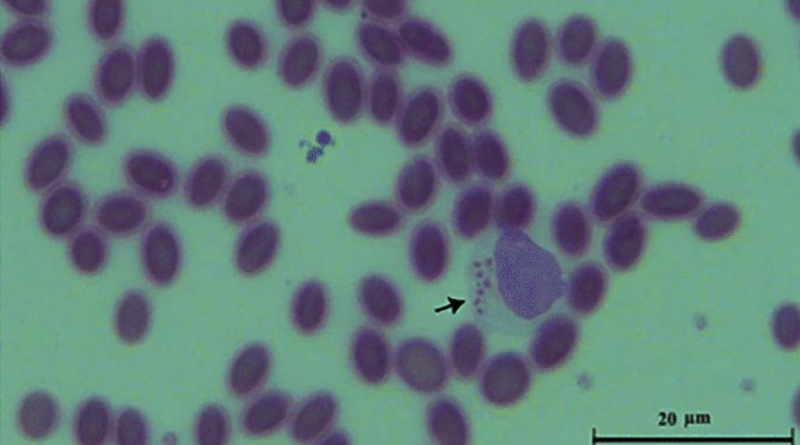Blood parasites study in desert camels reveals high infection
New research has provided insight into the prevalence and genetic diversity of trypanosomes, parasites that cause trypanosomiasis, a life-threatening disease, in camels in North Africa. The study found that camels infected with trypanosomes had higher levels of oxidative stress, which can cause tissue damage, than uninfected control animals.
Trypanosomes are blood parasites that infect wide range of animals. It causes diseases like anemia, leukopenia, thrombocytopenia, organ damage, and inflammation.
Oxidative stress arises from an inequity between the generation and buildup of reactive oxygen species (ROS) within cells and tissues, and the capacity of a biological entity to eliminate these hazardous substances. Oxidative stress triggered by free radicals plays an important role in the pathogenesis of trypanosomiasis in camels.
The research used next-generation 18S amplicon sequencing to accurately detect and characterize trypanosome genotypes and their genetic diversity. The study also detected Babesia and Thelieria in the blood samples. The results provide a molecular report of trypanosomiasis in camels from different geographical regions in Egypt and Algeria.
The study highlights the importance of improving veterinary care and services in North Africa and using PCR methods for diagnosing trypanosomiasis. The research has been published in the journal Scientific Reports Volume 13, on May 3rd 2023.



